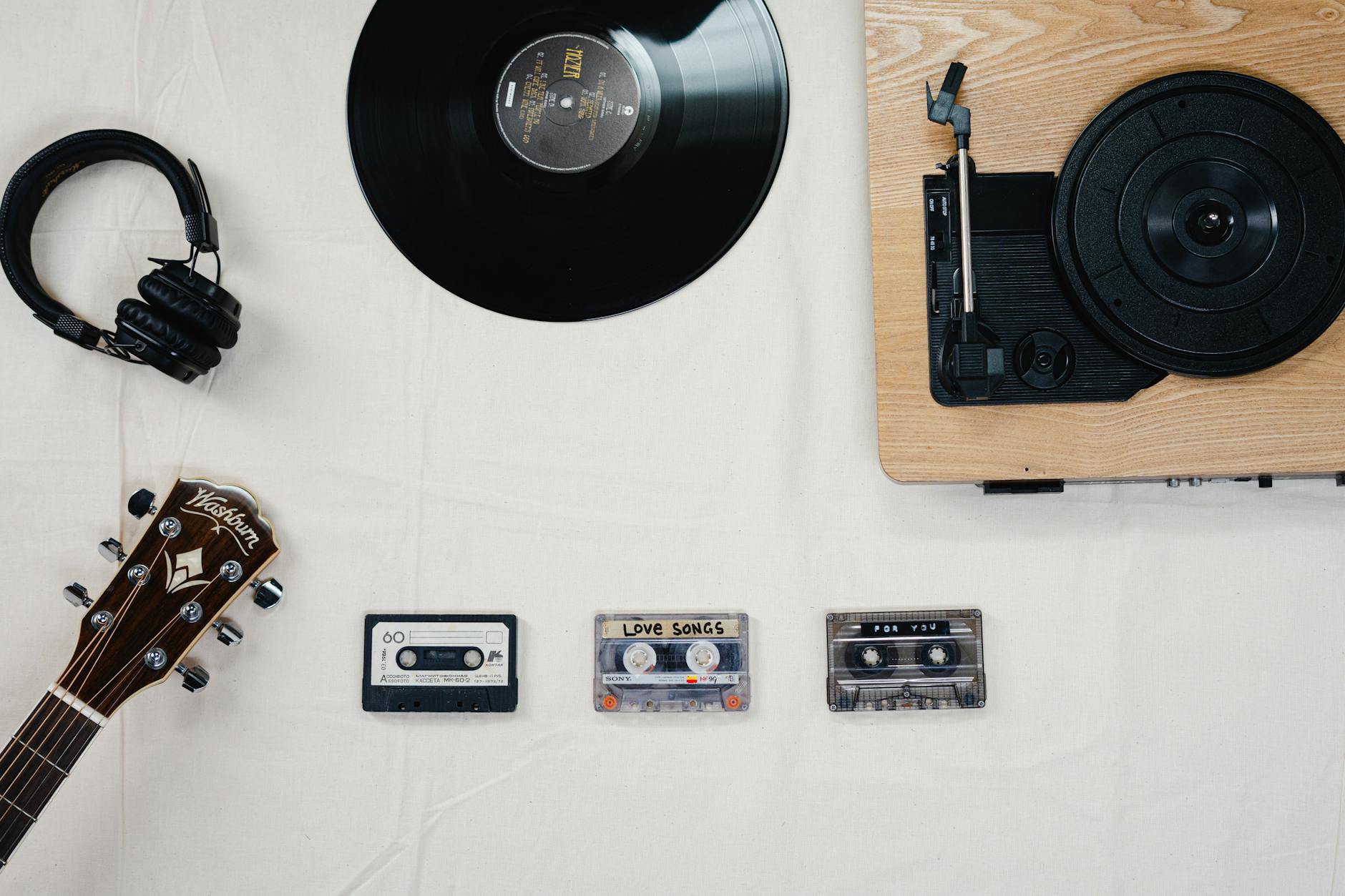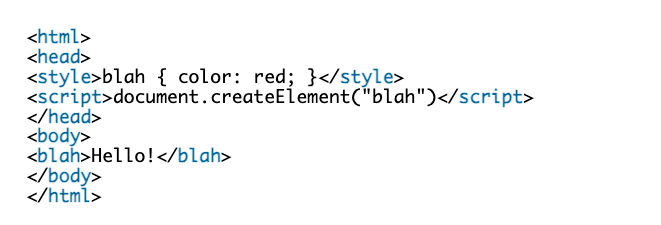November 7, 2006. Adobe gifts 135,000 lines of code to Mozilla in the form of Project Tamarin, a Javascript Virtual Machine compliant with the still-not-fully-implemented ECMAScript 4. Mozilla would try a few times to incorporate Tamarin into Firefox, but would eventually abandon that idea for performance reasons.
Still, it injected some enthusiasm into adopting more modern Javascript standards, pushing the web forward at a time when it really needed that.
I quoted from Interface Culture by Steven Johnson recently.
He also once said this in an interview (emphasis mine)
I suspect, I’ve been incredibly energized by all the grassroots Web 2.0 applications that have exploded over the past few years, most of them descendants of Firefly in one way or another. (Someone — and come to think of it, it’s probably me — should go back and track all the core ingredients of today’s Web that were visible at Firefly circa 1996.)
That parenthetical is my current project. It’s taking me in all sorts of directions.
- Earlier this month, MTV News abruptly pulled their site off the web without warning, eliminating a virtual archive of pop culture news stories that date back to 1997. This move coincided with a series of similar decisions from MTV’s parent company Paramount, including a similar move on CMT, and the swift removal of 25 years […]
In Zen and the Art of Motorcyle Maintenance, Robert Pirsig muses—among other things—about the intersection of art and technology, and what is lost when the two diverge and we seek out only the cold refuge of science.
We have artists with no scientific knowledge and scientists with no artistic knowledge and both with no spiritual sense of gravity at all, and the result is not just bad, it is ghastly” (Time for real reunification of art and technology is really long overdue)
I think in our modern web, the small, personal web is where I see art and technology merge again. There is a lot of possibility in that.
Jamie Zawinski makes the case that enabling DRM in the browser was the open web’s original sin. When the W3c, and subsequently Mozilla, caved to pressure from commercial interests, it opened a crack in the founding ideology and spirit of the web and allowed a near endless commercial erosion of the open web.
Fortunately, Zawinski has a solution.
In my humble but correct opinion, Mozilla should be doing two things and two things only:
- Building THE reference implementation web browser, and
- Being a jugular-snapping attack dog on standards committees.
- There is no 3.
Some eerie echoes of today’s AI trends in the discourse around “agents” from the mid-90’s. Always with the same old promises. Swap out “personal AI assistant” for “agent” in this brief aside from a New York Times feature of a personal agent website created all the way back in 1996, and it’d be right at home in any major publication today:
As soon as you give your agent your personal tastes about restaurants, plays or clothing, it begins fetching things for you — even things you didn’t know you wanted. Your agent knows that you like Latin jazz, for example. A record company with access to the data sends you an ad: a Tito Puente CD is about to come out. Knowing that music and food tastes sometime overlap, your software agent even recommends that you try a new Caribbean restaurant in your neighborhood.
Next month, you are traveling to Boston for the first time (in arranging the airplane tickets, your agent has already found the cheapest fare, reserved your aisle seat and ordered a vegetarian meal). Knowing you like small, intimate Italian places, your agent searches a pool of people whose taste is similar to yours, and then recommends three places in the North End: Massimino’s, D’Parma and Terramia.
Jamie Zawinski posted about Wikipedia and it’s representation as a source of truth, even when it isn’t. I followed a link to an interview with the author Emily St. John Mandel, who requested the interview simply for the purpose of going on record that she was divorced.
Elan Ullendorff flips the premise on search engines entirely.
We don’t need a better large search engine. Instead, we need to cultivate what I would call “folk search algorithms,” a set of tools and practices that, whether by chance or design, are not influential enough to move markets:
As a search engine scale, Ullendorff argues, it falls victim to manipulation and an endless cycle of bad actors gaming the system and algorithms struggling to keep up. A better search, with the principles of the small web.




